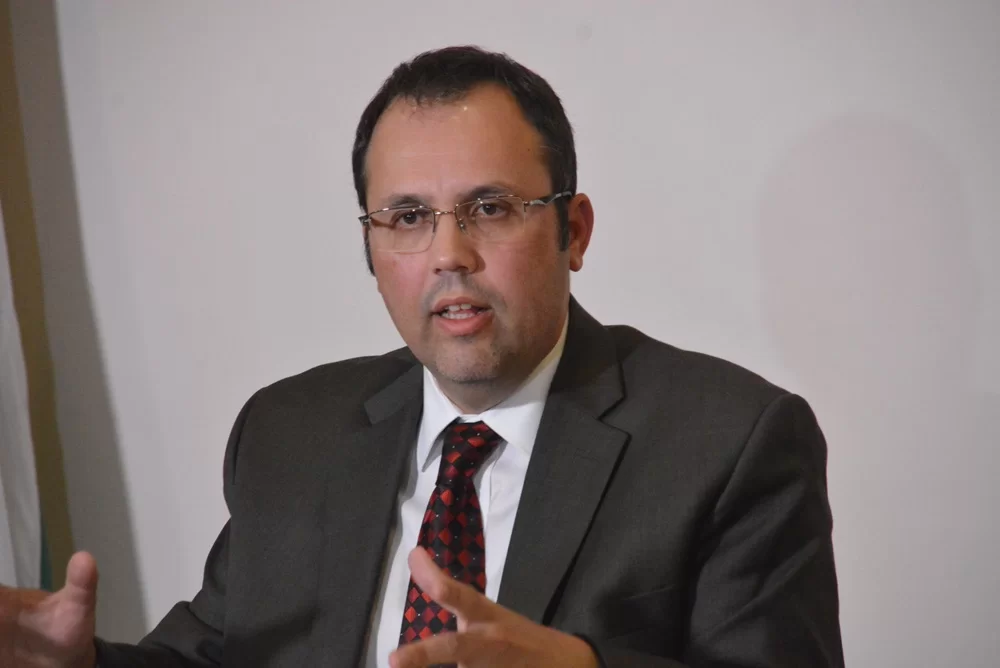Federal Judge Marcos Josegrei da Silva revealed in a special course at the University of Buenos Aires that Brazil has 53 organized crime groups.
The largest group is the First Command of the Capital, or PCC, based in São Paulo. Next is the Red Command in Rio de Janeiro.
The Northern Cartel is also a major group and has links to the terrorist group Al Qaeda.
These crime groups are busy with many illegal activities. They deal in drugs, steal cargo, rob banks, and launder money.
Drug trafficking is their biggest money-maker. They sell drugs locally and send them to Europe through Brazil’s eastern ports.
Sometimes, these groups take over entire cities for a short time. They rob banks and cause trouble until the police arrive.
To fight these groups, Brazil has special police forces and courts. They focus only on organized crime.
Brazil also has a large number of people in prison. Judge da Silva says this allows crime groups to grow even inside jails.

To solve this, Brazil created special federal prisons. These jails only house the leaders of crime groups. The system has worked well so far.
Lastly, Judge da Silva warns about new groups called paramilitary militias. They are mainly in Rio de Janeiro.
These groups charge people money for protection against crime. This is a growing problem in Brazil. Overall, organized crime remains a big challenge for the country.
Background
Organized crime has a long history in Brazil, dating back to the 20th century. The rise of drug cartels in the ’80s and ’90s marked a significant turn.
Globalization and technology have made it easier for these groups to operate internationally. Brazil’s strategic location also makes it a hub for drug and arms trafficking.
Special police forces and courts show the government’s effort to combat this issue. Yet, the problem persists, partly due to corruption and inadequate resources.
The new phenomenon of paramilitary militias adds another layer of complexity.
Understanding and addressing organized crime in Brazil requires a multi-faceted approach involving law enforcement, social services, and international cooperation.

